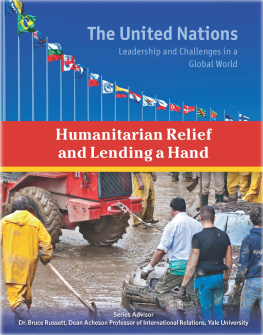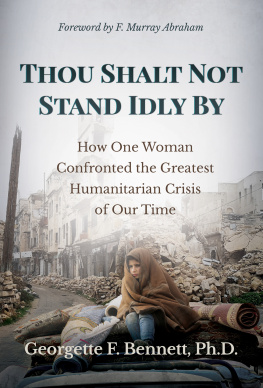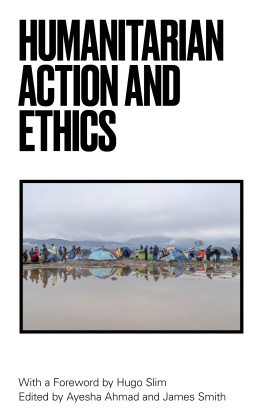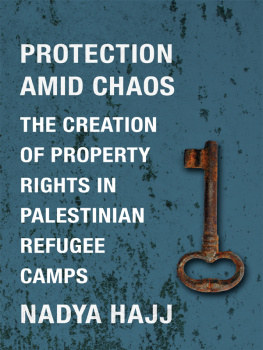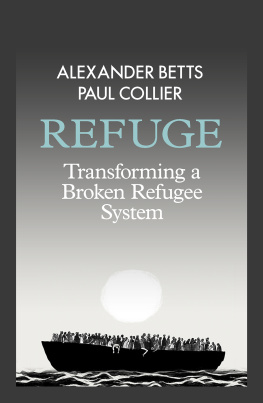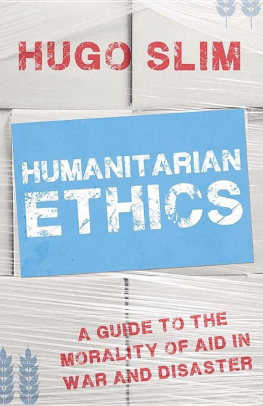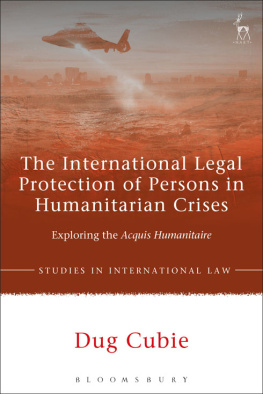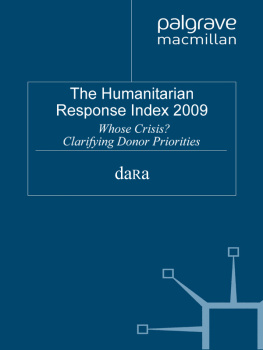
Humanitarian Rackets and Their Moral Hazards
The humanitarian crisis in the Palestinian refugee camps of Lebanon has become one of the most populist causes in the world, yet the causes of the crisis have been misrepresented, whilst on-going humanitarian assistance could arguably be said to amplify problems that exist in the camps. Shedding light on the disturbing occurrence of corruption, rent-seeking and racketeering, together with the emergence of zones of privatised territory based on self-enrichment, this book challenges the conception of refugees in camps as helpless, vulnerable individuals.
Based on detailed and sustained research at the camp of Shatila in Beirut, Humanitarian Rackets and their Moral Hazards reveals that even the access of humanitarian agencies to the camp is determined by payment to certain refugee groups, whilst the degree of humanitarian interaction has created a sense of entitlement amongst some, based on a belief in their own exceptionalism as a displaced ethnic group.
Detailing the everyday economic transactions that transpire in refugee camps, this book shows that, far from being helpless victims with no power over their circumstances, many Palestinian refugees have created lucrative ventures from humanitarian assistance. A rich, yet troubling study of refugee life and the cartelisation of camp space, this book will be of interest to sociologists, anthropologists and political scientists working in the fields of humanitarian intervention, development, criminology and informal economies.
Rayyar Marron is School Visitor to the School of Archaeology and Anthropology at the Australian National University.
First published 2016
by Routledge
2 Park Square, Milton Park, Abingdon, Oxon OX14 4RN
and by Routledge
711 Third Avenue, New York, NY 10017
Routledge is an imprint of the Taylor & Francis Group, an informa business
2016 Rayyar Marron
The right of Rayyar Marron to be identified as author of this work has been asserted by him in accordance with sections 77 and 78 of the Copyright, Designs and Patents Act 1988.
All rights reserved. No part of this book may be reprinted or reproduced or utilised in any form or by any electronic, mechanical, or other means, now known or hereafter invented, including photocopying and recording, or in any information storage or retrieval system, without permission in writing from the publishers.
Trademark notice: Product or corporate names may be trademarks or registered trademarks, and are used only for identification and explanation without intent to infringe.
British Library Cataloguing in Publication Data
A catalogue record for this book is available from the British Library
Library of Congress Cataloging-in-Publication Data
A catalog record for this book has been requested
ISBN: 9781472457998 (hbk)
ISBN: 9781315587615 (ebk)
Typeset in Bembo
by Apex CoVantage, LLC
To Foofoo for giving me the space to work
Contents
During a chance encounter with a former colleague of mine, he reported to me that his wife, director of an aid organisation attached to the unions in Australia, had recently returned from a visit to a Beirut refugee camp to which her organisation directed assistance. Recounting her reports, he told me of the terrible plight the refugees suffered, especially their economic marginalisation at the hands of the Lebanese state. When I suggested to him that the reality of the camps was much more nuanced, I could see that he struggled to absorb the notion that what he was repeating were potential inaccuracies. This book has been written as an unconscious response to the predominant narratives that circulate in the public domain which ubiquitously represent the Palestinian refugee camps of Lebanon as economically marginalised and refugees as absolute victims of political repression. Upon returning to Australia in mid 2009 with my own field research data, try as I might, I could not assimilate these narratives with my own experiences of camp life.
Even the academic scholarship on the Palestinian camps can be characterised as an activist literature which reinforces the humanitarian narrative that camps are places of victimisation. This tends to be the outcome of a number of factors. Firstly it represents the political commitment that many scholars profess to the cause of the Palestinian refugees of Lebanon, by their own admission. Such a disposition involves the censoring of certain unsavoury facts which might challenge the humanitarian cause of the refugees, lest they be seen as less deserving of assistance and political support. It is also my contention that the invisibility of refugee agency in the predominant scholarly output is also a result of limited research methodology. Much of the literature in recent years relies on either the interview method or focus group, both of which reinforce the refugees self-identification as victims in narrative-based data collection. The result is we live in a world of circulating narratives that have become so well entrenched, even amongst the refugee community, that they readily revert to such sentiments when interfacing with the foreign activists and researchers who come to the camps, who in turn reinforce the same old arguments in their public communications, even when evidence to the contrary presents itself.
The methodological shortcomings within the scholarship on the Palestinian refugee camps are too numerous to elaborate here. However this manuscript eschews the usual reversion towards a framework of humanitarian crisis by focussing on refugee economic agency instead. Through numerous anecdotes and case studies, this book will explore the more unsavoury economic frauds refugees routinely commit, especially when interfacing with humanitarian actors, against which both the state and other external agencies are helpless to act, given the political autonomy of the Palestinian camps in Lebanon. It does this through utilising ethnographic data garnered from participant observation and therefore represents information which has not been mediated through the translation of intermediaries. Such ethnography reveals much about the economic agency that refugees of the camps of Lebanon exercise.
My field experience has led me to a rather radical conclusion about the humanitarian crisis which is featured in reports on the camps of Lebanon. Although the Palestinian camps are often portrayed as sites of crisis, it is unusual for scholars to also explore that they can be sites for the realisation of great economic opportunities and that we cannot focus on humanitarian problems without also understanding the fact that the very conditions which produce crisis are also the same as those which provide economic profits for certain refugee groups. This research seeks to undo the entrenched humanitarian frameworks which have constrained our comprehension of how the camps of Lebanon function.
This book hides a multitude of contributions from some very generous people, without whom its completion would not have been possible. First and foremost I am indebted to Dr Patrick Guinness for his attentiveness as well as his challenging questions throughout the writing process. His unselfish mentorship of young academics is a rarity in todays universities. I am also indebted to Dr Sverre Molland for his comments on the theoretical aspects of the research. Most of all, I am indebted to those people of Shatila who welcomed me and protected me whilst I went about my note-taking, at some risk to their own peace of mind.



